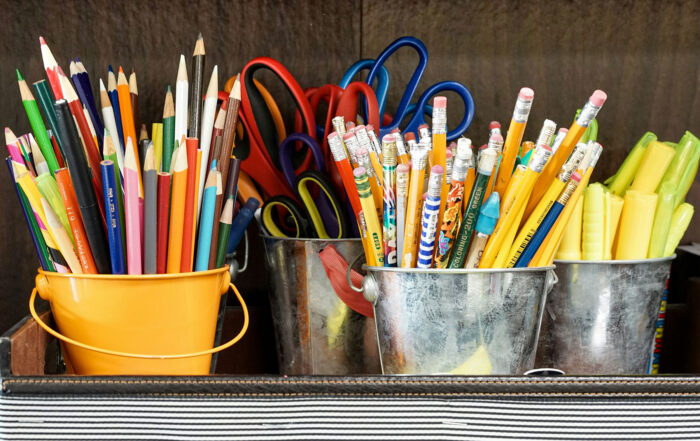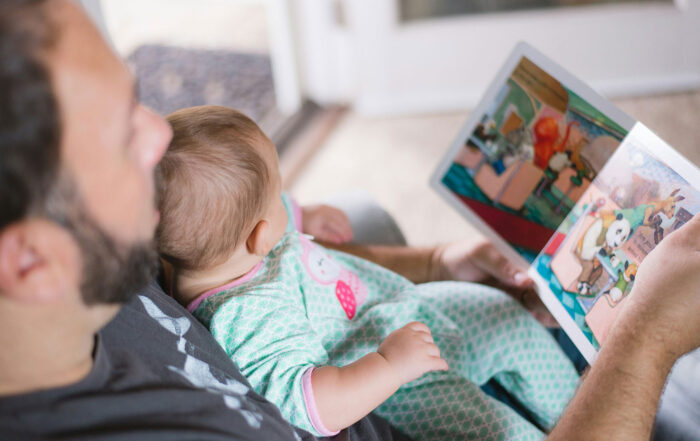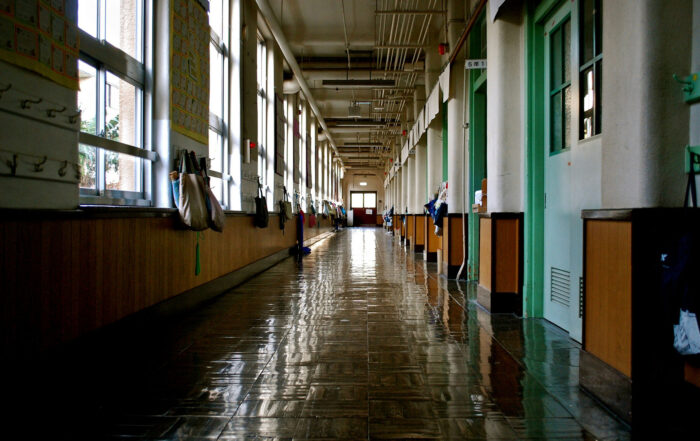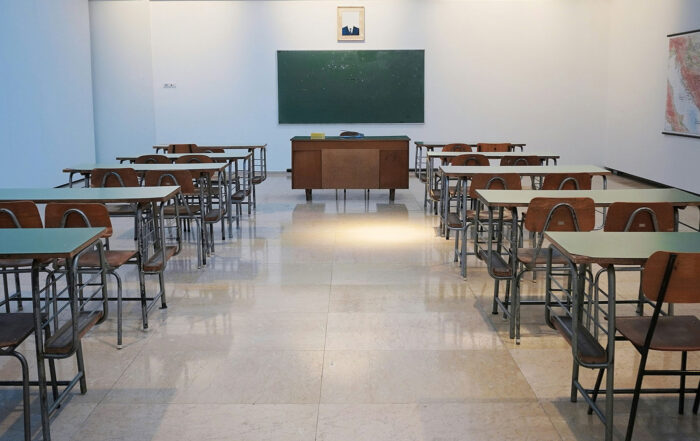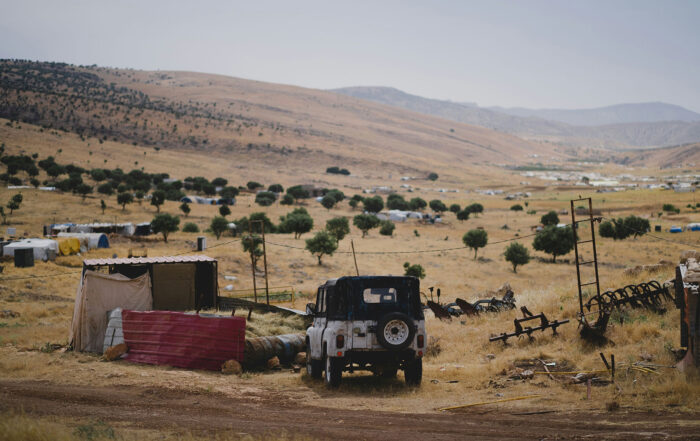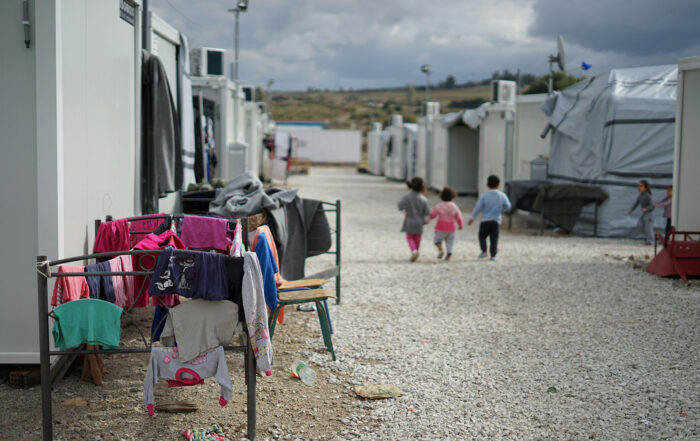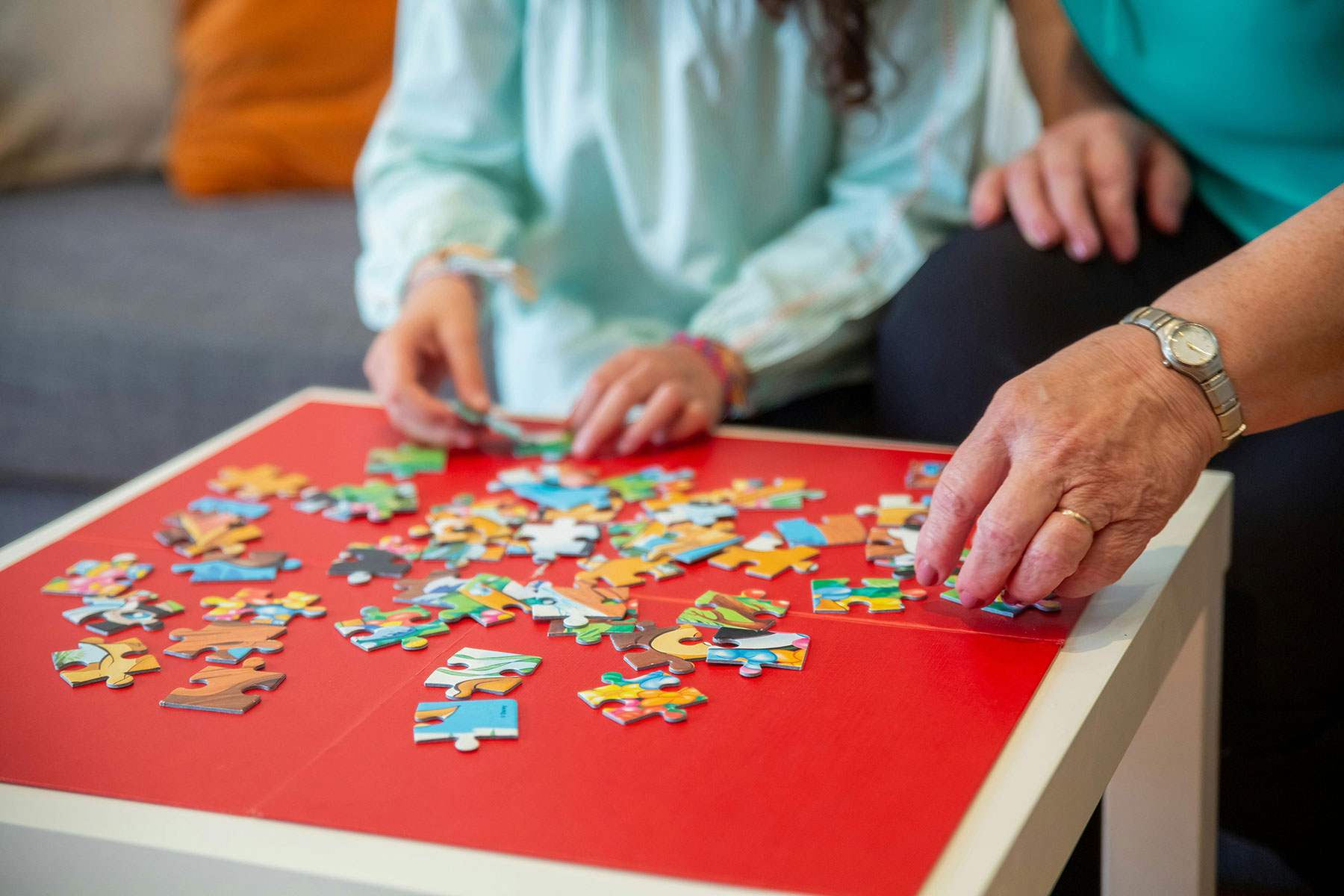
By Starr Commonwealth
With grief, sadness is obvious. With trauma, the symptoms can go largely unrecognized because it shows up looking like other problems: frustration; acting out; difficulty concentrating, following directions, or working in a group. Often students are misdiagnosed with anxiety, behavior disorders, or attention disorders rather than understood to have trauma that’s driving those symptoms and reactions.
For children who have experienced trauma, learning can be a big struggle. But once trauma is identified as the root of the behavior, we can adapt our approach to help kids cope when they’re at school. Starr Commonwealth Chief Clinical Officer Dr. Caelan Soma offers these tips for understanding kids who have been through trauma plus strategies for helping them.
1. Kids who have experienced trauma aren’t trying to push your buttons.
If a child is having trouble with transitions or turning in a folder at the beginning of the day, remember that children may be distracted because of a situation at home that is causing them to worry. Instead of reprimanding children for being late or forgetting homework, be affirming and accommodating by establishing a visual cue or verbal reminder to help that child. “Switch your mind-set and remember the kid who has experienced trauma is not trying to push your buttons,” says Soma.
10 Things About Childhood Trauma Every Teacher Needs to Know
Traumatic Bonding
By Kelly L. Burns, MA, LPC, ATR-P A traumatic bond occurs when you are involved in an abusive relationship, and the abuser becomes an essential part of your life. Abusive relationships [...]
Ukraine’s First Lady Olena Zelenska Takes On the Trauma Of War
By Simon Shuster/Kyiv lena Zelenska, the First Lady of Ukraine, got to bed late on the eve of the Russian invasion. Her kids were long asleep in the presidential residence south [...]
Parent Guidelines for Helping Youth after the Recent Shooting
By The National Child Traumatic Stress Network The recent shooting has been an extremely frightening experience, and the days, weeks, and months following can be very stressful. Your children and family [...]
Two Professors Found What Creates a Mass Shooter. Will Politicians Pay Attention?
By Melanie Warner Each time a high-profile mass shooting happens in America, a grieving and incredulous nation scrambles for answers. Who was this criminal and how could he (usually) have committed [...]
13 Million Children Face Hunger Every Day – and the Problem is Worse During the Summer
By Move For Hunger There are 13 million children in America who don’t know where their next meal will come from. Throughout the school year, many participate in programs that provide [...]
Sexual Abuse of Children at Camp is an Epidemic:
By Mick S. Grewal Sexual abuse by camp counselors is a national epidemic, according to various organizations, including Crime Stoppers. Every year, nearly 10 million children attend summer camp. In 2018, CBS [...]


